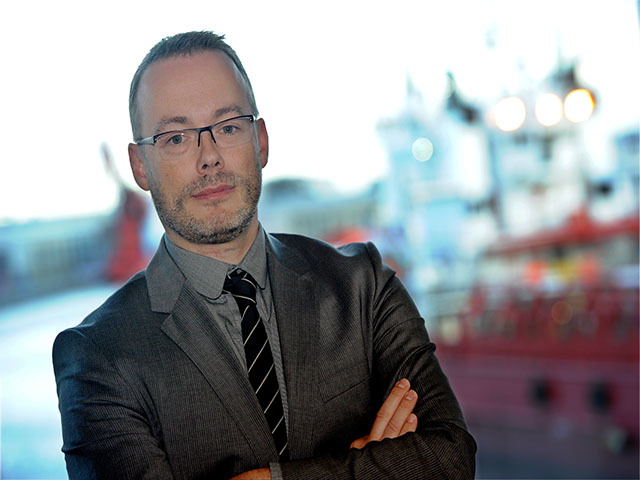
Sadly, there has been political talk and expert commentary that safety will suffer as a result of the industry’s current ‘crisis’. And that we shouldn’t be under any illusions that we don’t need to make some difficult decisions.
So where does safety sit in the unholy trinity of safety, cost and production?
Firstly, we need to look at what we say and what we do.
Safety, whilst it is my only priority in Step Change, is not the businesses’ number one priority. Maintaining safe operations is. We all need to make money.
However, do not be under the impression that, in saying this, safety or the environment is not important. It is extremely important and perhaps now more than ever.
Secondly, do we really believe that in an industry which is at risk of major incidents, people are making decisions to do the job less safely? I just don’t believe it.
That said, we must be mindful of the consequences of our decisions now and perhaps take the time to step back and really look at what is going on. Saving money now may cost us more in the future.
As my granny used to say – there is no point being penny wise and pound foolish.
Thirdly, there is also no doubt that the case for collaboration and standardisation is perhaps clearer now than it has ever been.
We must ask ourselves what representative bodies, like Step Change, Oil & Gas UK and others, can do and how do each of us effectively engage in making it simpler in order to sustain our industry.
In practice, we perhaps need to consider how our global corporate standards make it more complex for our offshore workforce, in particular those that visit multiple installations over the year.
Induction after induction, on-boarding, bespoke company training, and multiple different standards in certain roles to achieve competencies that are not transferable or mutually recognised.
And don’t get me started on control of work or the variety of life-saving, ‘golden’ or whatever brand of rules-based behavioural safety programme is operating.
Finally, if you think ensuring safety is expensive, try having an accident.
It is tough right now, as leaders at all levels of the spectrum ensure that the decisions they make support the business not just in the short term but also mid-to-long term. These decisions will shape the long-term future of the UKCS.
We need to make the right choices now to safeguard the industry for future generations. After all, whilst we are told there could be up to 24 billion barrels out there, it’s possibly 11 billion or less at $50 a barrel.
Ultimately, it is vital that we work together and use these challenging times as an catalyst to reduce complexity. Rather than turning the crisis into a catastrophe or an accident waiting to happen, we have the opportunity to make it a simpler, more sustainable, safer industry through effective collaboration.
Les Linklater is an executive director at Step Change in Safety
For more opinion pieces click here.
Recommended for you
